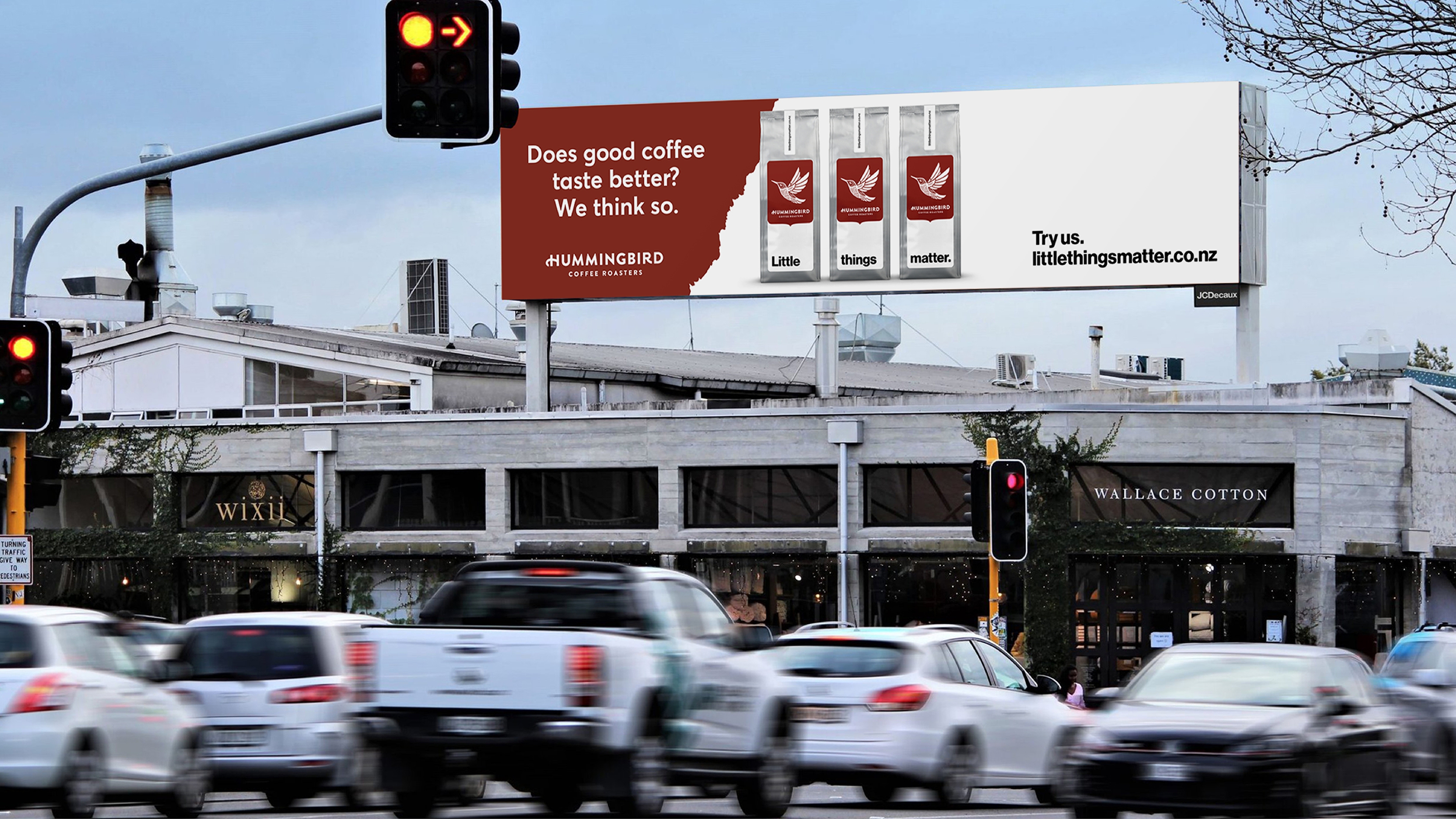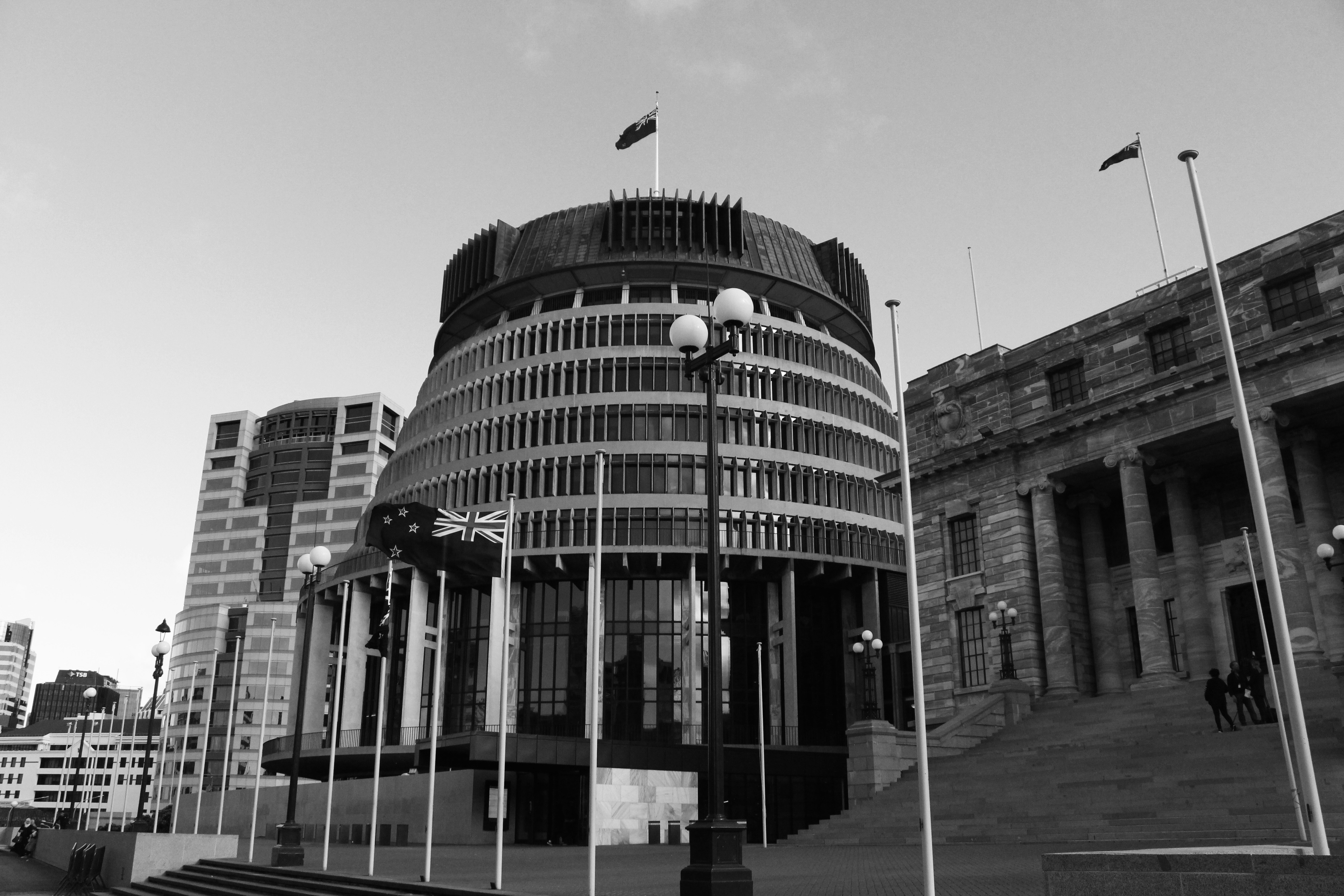Clean up your digital footprint

From politicians to leaders of industry, New Zealanders need to think seriously about ‘spring cleaning’ their digital profiles to make sure they don’t become victims of ‘cancel culture’.
According to the Urban Dictionary, being cancelled means, “to dismiss something/somebody. To reject an individual or an idea”. The term – used primarily by Millennials and Gen Z – involves deliberately sharing someone’s ‘dirty laundry’ in order to turn public opinion against them.
Anyone and anything can be cancelled through the power of social media. However with the increasing number of platforms on which people share their lives, it can be hard for anyone to keep track of what they posted a year ago, let alone, ten years ago when they might have been a very different person to who they are now. Forgotten it might be, but that content is still out there for the world to see.
Few people are immune from being damaged by their own actions and/or posts from the past, no matter how funny or innocent they seemed at the time. This can impact on employment prospects, cost jobs or even result in the person becoming a social pariah, losing friends and the love and trust of family. Social media can literally be that powerful, and it is increasingly being used combatively to ruin people’s reputations.
Many people are increasingly quick to point out what someone has done wrong and take pleasure in bringing someone to ‘justice’ by finding something hidden in their social media or personal life that is publicly embarrassing or shaming.
Take for example, Canadian Prime Minister Justin Trudeau. In September 2019, images surfaced of him in blackface make-up. They were from his 2001 school year book, where the then 29-year-old teacher was attending an Arabian Nights themed gala. Trudeau held a press conference the next day and apologised for his actions, stating he didn’t know it was racist at the time, but now recognised it was, and he was deeply sorry.
These situations don’t only impact on celebrities or people in power.
In 2020, a Kiwi farmer was ‘cancelled’ in a very public and damaging way. In June of that year, Nick Bertram and his wife Rose won Share Farmer of the Year in the New Zealand Dairy Industry Awards. Within days of winning his award, tweets posted by Bertram in 2017 were published by SAFE, an animal rights group. Bertram’s tweets suggested that he mistreated his farm animals. Bertram publicly apologised, claiming his tweets were “tongue-in-cheek jokes”. However the embarrassment to the contest was such that Bertram was stripped of his title, leading the troubled farmer to claim he was a victim of cancel culture.
There are thousands of stories similar to these, ranging from A-listers to everyday folk. Kevin Hart had to step down from his position as host of the Oscars due to the resurface of old homophobic tweets; and a New Zealand National Party candidate had an image resurface of him as a 14-year-old dressed as Hitler.
Trudeau made another classic mistake: It was reported that he knew those images were out there, but decided to stay quiet in the hope they would never resurface. It’s a temptation common to many people who know they have embarrassing content on their social media history, but it rarely works and makes the inevitable disclosure even more damaging.

There is only one sure way to ensure that past social faux pas do not surface to damage who you are now as a person . . . get rid of them. That photo of you showing rather too much flesh at an office party; the angry rant you posted about a former employer; those shared jokes that are racist and/or sexist; the radical opinions you had as a youngster that you no longer stand by. Here’s how:
Scroll through everything you have posted on all your social media accounts
Go through your profile, posts, albums, anything that you have posted in all your social media accounts. Log into your old Twitter or YouTube accounts that haven’t been used in years and give your digital self a clean, or delete the accounts entirely.
Look at what any of your friends or family have posted about you
Unfortunately, you don’t have complete control on what others post about you. Simply removing a tag doesn’t remove the image or post that you are in. Ask your friends or family to remove any negative or harmful posts about you.
Think before you post
It’s easy to be misunderstood in digital communication. It only takes one person to twist your words to become hateful or harmful. Before getting into an argument online, or posting a certain picture or tweet, ask yourself is this is something you want to be tied to your name?
Don’t post after drinking or late at night
Just as you wouldn’t get into a car and drive, don’t go on social media and post! An easy rule to abide to, but many don’t follow.
Think twice before you publicly react to something negative about you online
Often, reacting simply draws more attention to the issue and encourages your critics to keep going. So take a look at how many followers they have and how much engagement their post has had. It might simply be so low level to be safely ignored. But, if you do have to defend yourself, do it once, do it well, then get out. Don’t keep the feed going.
Apologise quickly and sincerely and publicly
If you have done something truly offensive or stupid, fess up. Apologise, express regret, express messages of ‘lessons learnt’ and note that the person who did this is not who you are now.
Consult a lawyer
If you have been seriously slandered or defamed, it might be that you have legal redress against the social media site and/or the people who have attacked your reputation. But this option must only be for very serious instances; legal action carries a very high risk of simply expanding the visibility and increasing the power of the harm.
Over the years Convergence has supported several clients who’ve found themselves in sticky situations like this, so if it happens to you don’t hesitate to get in contact by emailing us at pr@conv.co.nz.










